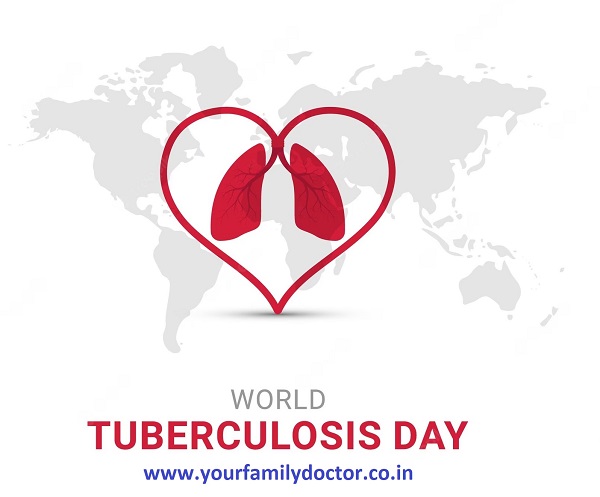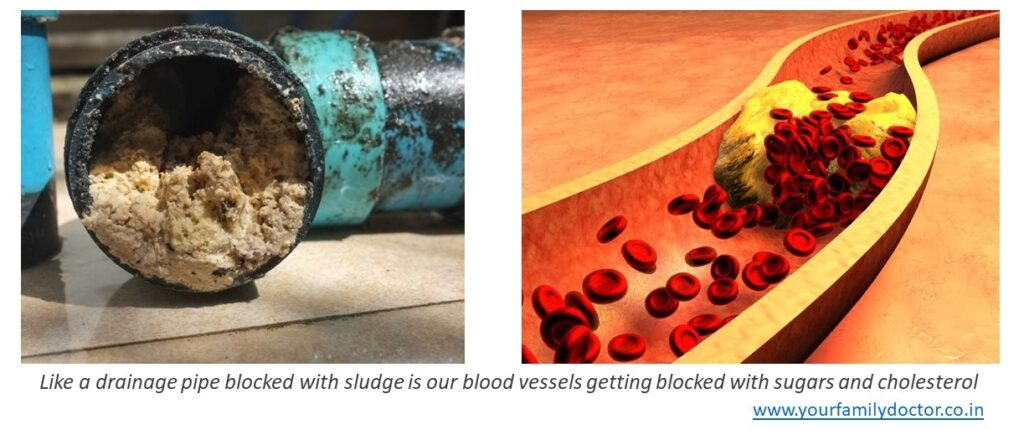Dr. Sanoop Kumar Sherin Sabu M.D.,
PIVKA-II (Protein Induced by Vitamin K Absence or Antagonism-II) and AFP (Alpha-Fetoprotein) are two biomarkers commonly used for the diagnosis and monitoring of hepatocellular carcinoma (HCC). While both can be elevated in HCC, they have distinct characteristics, strengths, and limitations. Here’s a comparison between the two:
1. Nature of the Biomarkers
- AFP (Alpha-Fetoprotein):
- AFP is a glycoprotein that is normally produced by the fetal liver, yolk sac, and gastrointestinal tract. Its levels are typically high during fetal development and decline after birth.
- In adults, elevated AFP levels are associated with liver diseases, particularly HCC.
- PIVKA-II (Des-gamma-carboxy prothrombin):
- PIVKA-II is an abnormal form of prothrombin (a clotting factor) produced by liver cells in the setting of impaired vitamin K activity or the presence of malignant liver cells (as seen in HCC).
- Malignant cells do not express Vitamin K epoxide reductase. So the conversion of Prothrombin Precursor (PIVK-AA) to Native Prothrombin do not happen, there by increasing PIVKA-II levels.
- Its production is not influenced by liver function in the same way as AFP, making it a potentially more specific marker for HCC.

2. Diagnostic Utility
- AFP:
- Sensitivity: AFP is widely used for HCC screening, especially in patients with cirrhosis or chronic hepatitis B and C infections. However, its sensitivity varies significantly. It is elevated in about 60-70% of HCC cases but can also be elevated in non-HCC liver diseases like chronic hepatitis, cirrhosis, and even in some non-liver cancers.
- Specificity: AFP is less specific than PIVKA-II for HCC, as it can be elevated in a range of other conditions (e.g., pregnancy, testicular cancer, and other liver diseases).
- PIVKA-II:
- Sensitivity: PIVKA-II has higher sensitivity for detecting HCC, especially in patients with early-stage HCC where AFP may not be elevated. Some studies have shown that PIVKA-II may detect HCC in patients who have normal AFP levels.
- Specificity: PIVKA-II has better specificity for HCC than AFP, as it is primarily elevated in cases of HCC and less commonly seen in other liver diseases.
3. Performance in Early Detection
- AFP: While AFP is valuable in detecting advanced stages of HCC, its sensitivity tends to decrease in early-stage disease. AFP may be normal or only mildly elevated in small or well-differentiated tumors.
- PIVKA-II: It is considered superior in detecting early-stage HCC, as it can be elevated in smaller tumors that may not cause a significant rise in AFP. Studies suggest that PIVKA-II is more sensitive for early HCC compared to AFP.
4. Clinical Use
- AFP: AFP is more commonly used as a first-line screening tool for HCC, especially in patients with known risk factors like cirrhosis or chronic viral hepatitis. It is often used in conjunction with imaging modalities (ultrasound, CT, or MRI) for HCC surveillance.
- PIVKA-II: While PIVKA-II is not as widely used as AFP for routine screening, it is increasingly being incorporated for its role in detecting HCC in AFP-negative patients.
- PIVKA-II is also used to assess tumor progression and response to treatment (e.g., after surgery or transarterial chemoembolization).
- Preoperative high PIVKA-II have shown to have higher chances of recurrence after resecetion
5. Correlation with Tumor Characteristics
- AFP: High AFP levels often correlate with larger, more aggressive HCC tumors, and it can be used to monitor tumor burden in advanced disease. However, some well-differentiated HCCs may not significantly increase AFP levels.
- PIVKA-II: PIVKA-II levels tend to correlate with tumor size, grade, and aggressiveness of the tumor. It is more sensitive for detecting poorly differentiated HCC, which often has a worse prognosis.
6. Limitations
- AFP:
- False positives: AFP can be elevated in non-HCC liver diseases (e.g., cirrhosis, hepatitis) or even in certain other cancers (e.g., testicular cancer).
- False negatives: Some patients with HCC (particularly small, well-differentiated tumors) may have normal AFP levels.
- PIVKA-II:
- False positives: PIVKA-II levels may be elevated in patients with other liver diseases, such as acute or chronic liver injury, hepatitis, or cirrhosis, though this is less common than with AFP.
- Cost and availability: PIVKA-II is generally less widely available than AFP and may be more expensive for routine use.
7. Combination Use
- Combining AFP and PIVKA-II has been shown to improve the diagnostic performance for HCC. The combination can increase sensitivity and specificity, particularly for early-stage HCC. Some studies suggest that using both biomarkers together improves the detection of HCC in AFP-negative patients.
Summary Table:
| Feature | AFP | PIVKA-II |
|---|---|---|
| Biomarker Type | Glycoprotein (alpha-fetoprotein) | Abnormal prothrombin (Des-gamma-carboxy prothrombin) |
| Sensitivity | Moderate (60-70%) | Higher sensitivity, especially for early-stage HCC |
| Specificity | Lower (false positives in other liver diseases) | Higher (specific to HCC) |
| Use in Early HCC | Limited | More useful for early-stage detection |
| Correlation with Tumor Characteristics | Correlates with larger tumors and poor differentiation | Correlates with tumor size and aggressiveness |
| False Positives | Can be elevated in cirrhosis, hepatitis, and other cancers | Rare, but can be elevated in liver diseases |
| Clinical Use | Commonly used for screening, monitoring, and prognosis | Increasingly used for HCC detection, especially when AFP is normal |
| Cost and Availability | Widely available, less expensive | Less widely available, more expensive |
Conclusion:
- AFP remains the most widely used biomarker for HCC, particularly for surveillance in high-risk populations. However, its sensitivity and specificity can be suboptimal, especially in early-stage HCC.
- PIVKA-II is a valuable supplementary biomarker, particularly for early detection and in AFP-negative cases. It has higher specificity and sensitivity for HCC compared to AFP, making it a useful tool for complementing AFP, especially in high-risk individuals or when AFP levels are not elevated.
In clinical practice, a combination of both AFP and PIVKA-II, along with imaging techniques, may offer the most comprehensive approach to HCC diagnosis and monitoring.



Pingback: Hepatocellular Carcinoma (HCC)-Radiological Findings and Management Protocol - YOUR FAMILY DOCTOR